Half a century ago (first 1970) in Jarocin near Poznan the first festival of Polish rock bands was organized. It was a competition for numerous music groups in those years in Poland. Before the festival, the organizer had to be sent a cassette with their own recording of the song and if the musical one was accepted, the band was nominated to perform on stage playing a few of its least songs in front of the audience. It was an opportunity for amateur bands to get out of playing music at home to present it on a real stage. For music listeners and music bands it was also the only way and place to listen to new products.

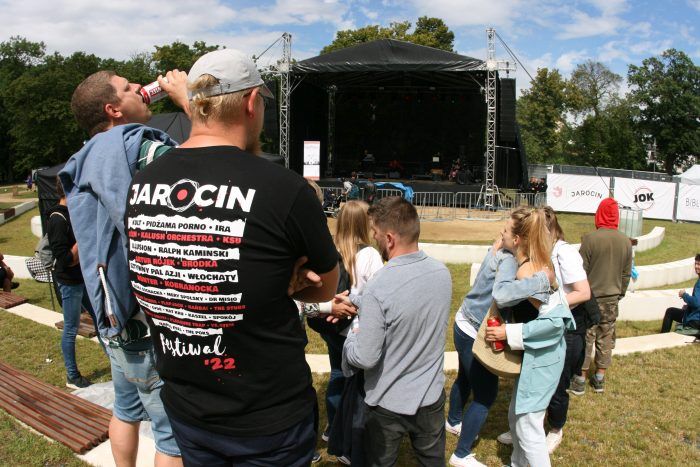
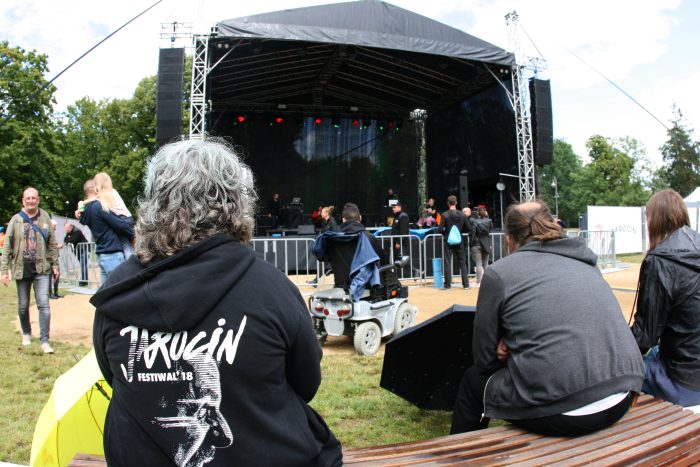
In this way, in the following years, the Jarocin music scene became the cradle of the birth of Polish stars of rock music. It was here, very often for the first time, musicians who associated their future with professional music. However, Jarocin’s popularity on the map of Polish music did not affect what was happening on the stage because there were many similar festivals in Poland that gave even greater possibilities of musical promotion. Jarocin became a musical symbol thanks to what happened outside the stage.
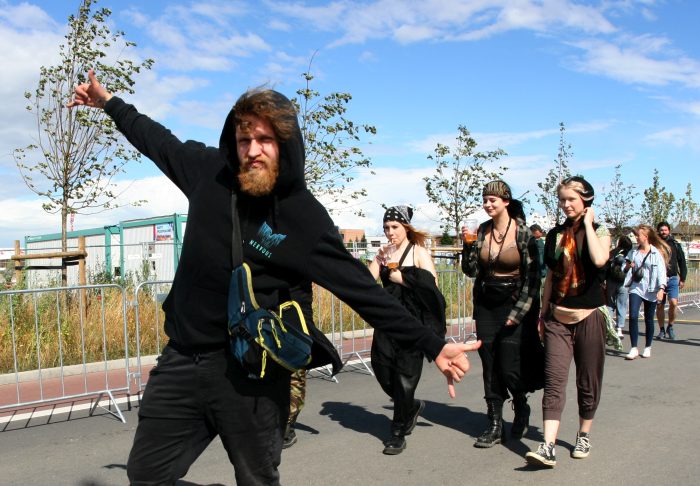
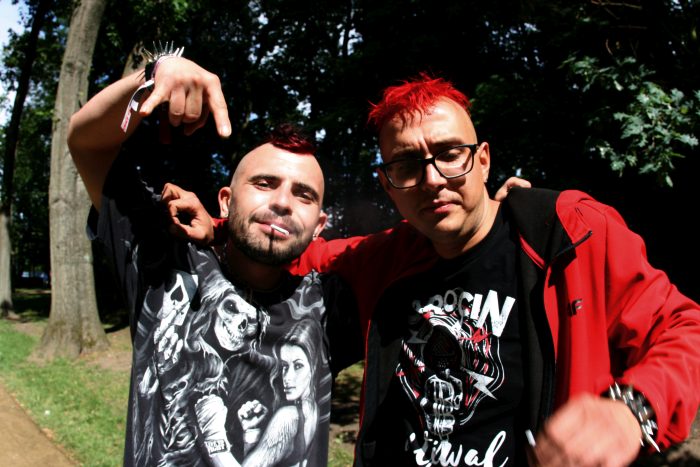
The seventies in Poland were the war of the Society with the ideology of the Russian communism regime that the Polish authorities represented. Two trends, hatred of the regime and the strength of the old order. Rocova music modeled with a western lifestyle has become a symbol of a rebellion that twarted the cult of Poles’ innocence and an emotional way to express their views. The content of the songs sung was increasingly smuggling political commitment before censorship, but what was happening outside the stage was already an open protest. Intoxication with alcohol and drugs, allowed to boldly free real emotions in Poles, and when music played on the stage, those who did not get to the concert joined those who in a nearby park and city center created their own hepening, exposing themselves to the intervention of Polish security services and militia. Jarocin’s most important events were happening here. There were minor incidents, which in later years were treated as an ideological place to lose young people with communist switch on. When their parents were on strike in their workplaces, Polish youth had their own battlefield. It was here that it came to the bower. It was here that it came to shouting or singing the greatest insults towards the authorities.
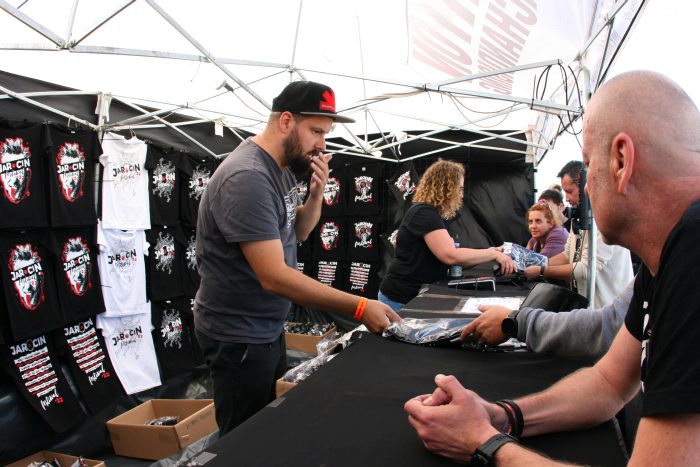
The biggest clashes with the militia and later the police occurred in the 1980s. These were the best years in music history also in Poland. It is in these years that the most famous legend bands were created in Poland. It was in the 1980s that Jarocin recorded the most invasion of music lovers and became the music capital in Poland. In later years, the mood of the idological resistance was understood in the political and economic changes that took place in Poland. Music, however, ceased to be committed and became a commercial commodity.
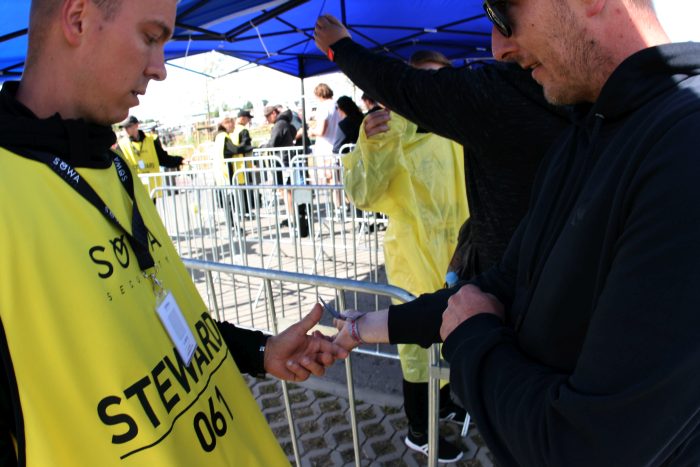
Yesterday I visited Jarocin during the next 4 -day festival – Jarocin ’22. Traditionally, the festival took place on two stages, a small stage in the amphitheater and a large stage where the admission was paid. The festival was accompanied by two Hadlowa points offering the sale of old records and cassettes as well as the sale of commemorative Jarocn ’22 t-shirts. Meals and beer were served at other points. Although Jarocin is a music festival I felt like at a sports party. Certainly, this is not a place for musicians, the most prominent of the event was a beer producer. I am not sure if it is also a place to listen to music, because what was coming out of a small and large stage was a rumble in which I did not hear individual instruments. But there were quite a lot of people at the festival, equal to young people and those generations of the beginnings of the festival. But is their presence here not sometimes caused only by the historical status of this place?
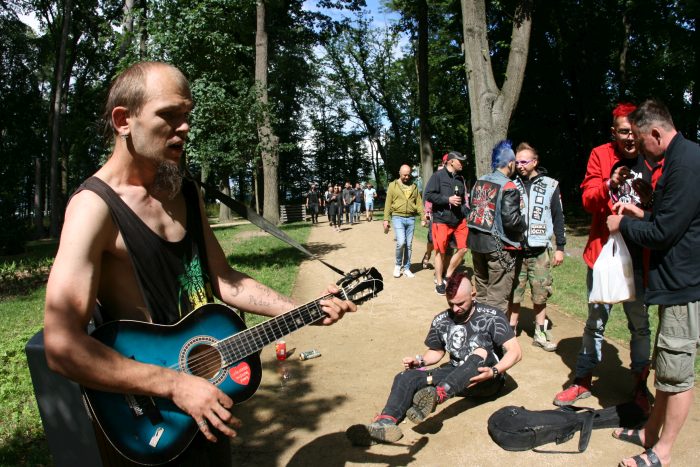
The city center of Jarocin was an empty construction site during the festival. It was only in the park that a subcultural group of people met, and one of the boys played on an old, acoustic guitar of several of his protests against the current power. And this was the only accent of this prwest Jarocin from years ago, who everyone remembers so colorfully. I was very lucky, because after our conversation, the guys went for a beer and the Soul of the Great Jarocin ended. When I left Jarocin in the background, he rolled a commercial concert that can be found in every city. (Brux).
…………………
BRUXnews
RSS subscription: https://brux.news.blog/feed/
Editor contact: BRUXnews@post.com